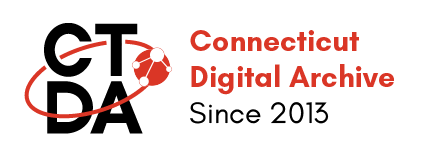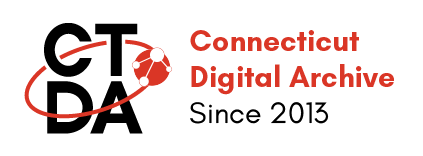Rights Statements and Creative Commons Licensing
How and When to Use Each Alone and Together
Last Updated, December 11, 2023.
Rights Statements
Rights statements are REQUIRED for every repository Item in the CTDA
RightsStatements.org provides a set of standardized rights statements that can be used to communicate the copyright and re-use status of digital objects to the public. Rights Statements indicate the intellectual property status of the object.There are three types of Rights Statements.
- Statements for works that are in copyright
- Statements for works that are NOT in copyright
- Statement for works where the copyright status is unclear
If you have the object in your collection it DOES NOT MEAN that you own the copyright. Works that are not in copyright may be reused without restriction and are not subject to licensing or use restrictions unless there is an access restriction in the deed of gift.
Container repository items (Collections, Compound objects) with items that may have multiple copyright statuses in them should use “RIGHTS DETERMINED AT ITEM LEVEL”
Repository items that contain media (digital files) MUST use one of the standard rights statements from https://rightsstatements.org/en/.
For more information about how to determine which rights statement to use visit: Rights Review: An approach to applying Rights Statements from RightsStatements.org (2023 version) from the University of Minnesota.
Creative Commons Licenses
Creative Commons Licenses are optional and may be used when the rights holder is known and the repository item is in copyright.
Creative Commons “provides Creative Commons licenses and public domain tools that give every person and organization in the world a free, simple, and standardized way to grant copyright permissions for creative and academic works; ensure proper attribution; and allow others to copy, distribute, and make use of those works” (https://creativecommons.org)
Things to remember
- Only the owner of the intellectual property has the right to add a Creative Commons license to a digital asset. Works that are NOT in copyright should not have a Creative Commons license since there is no right to license.
- Works where the copyright status is unclear also should not be licensed.
- As an owner of an object that is not in copyright you may request that users cite or refer to your repository when they use your content, but you can’t require them to cite or notify you as a condition of use.

